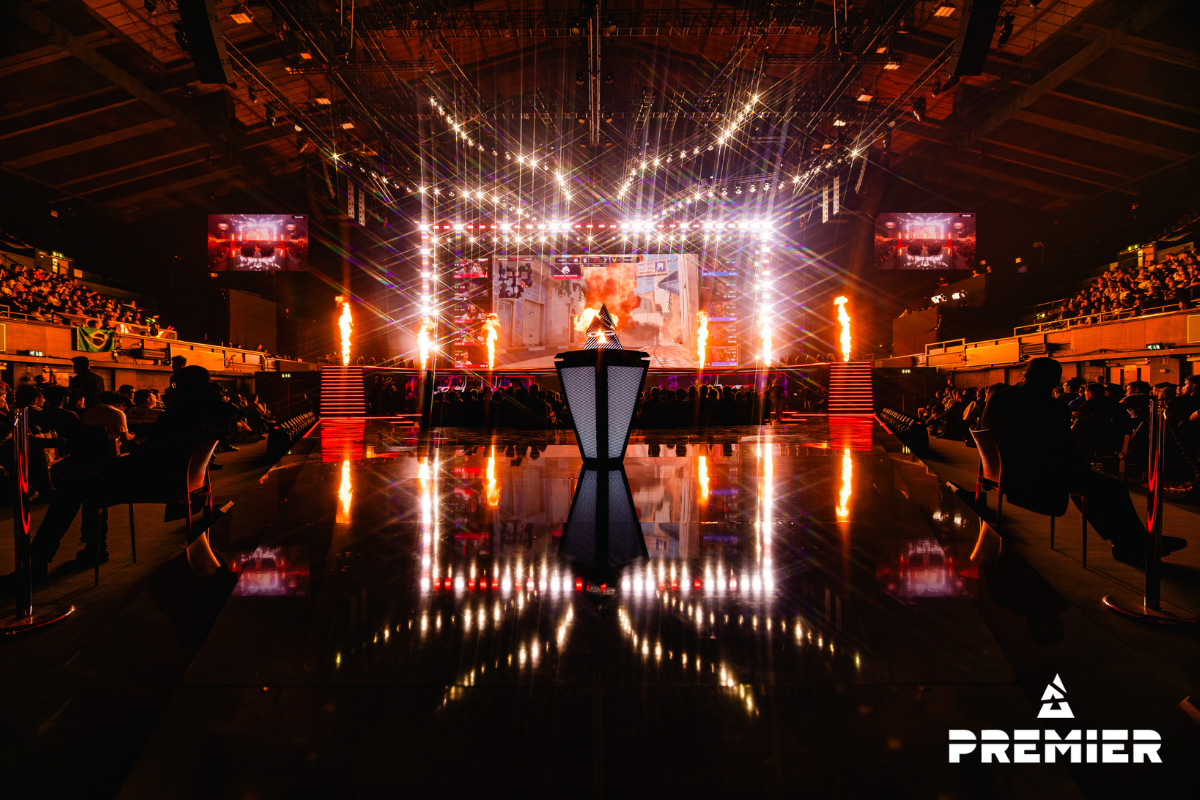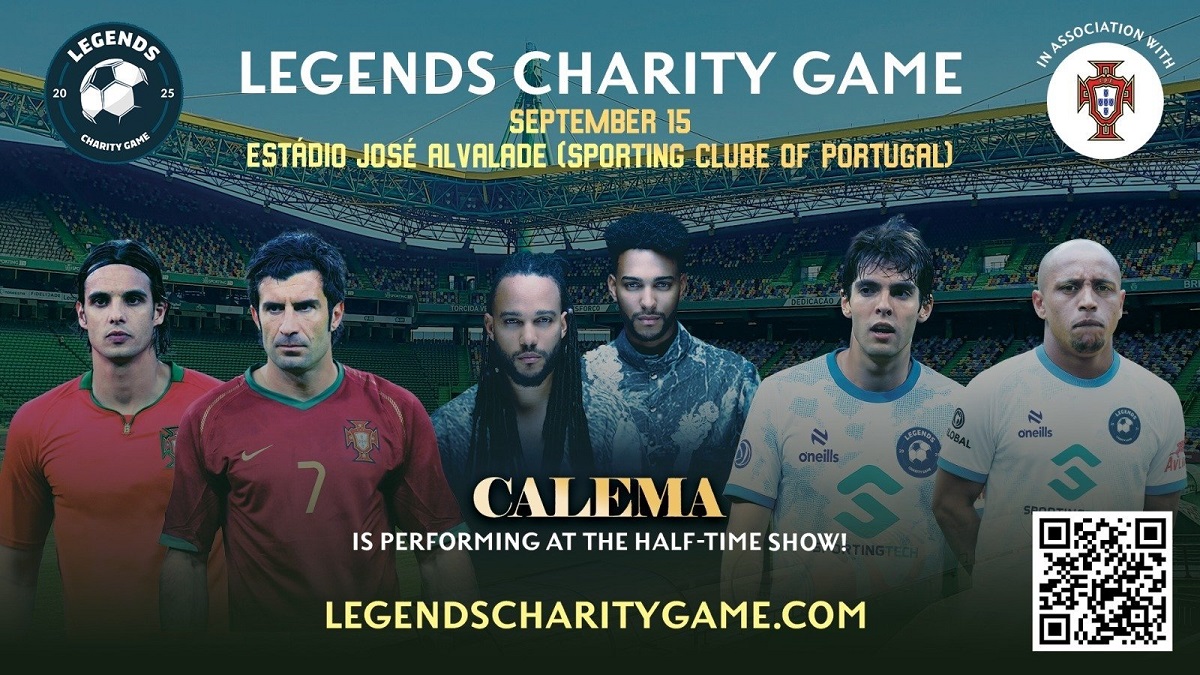Press Releases
UK Gambling Commission publishes the 2019 Young People and Gambling report

The UK Gambling Commission has published the 2019 Young People & Gambling survey which looks at gambling trends of 11 – 16-year-olds in Great Britain.
The survey looks at those forms of gambling and gambling style games that young people legally* take part in along with gambling on age restricted products.
The findings show that 11% of 11-16-year olds that took part in the survey say they have spent their own money on gambling in the past seven days, compared with 14% in 2018. The long-term trend shows a decline in participation since the questions were first asked in 2011.
The most common type of gambling activity that young people are taking part in is private bets for money (e.g. with friends) (5%) with a further 3% playing cards with friends for money.
The research, carried out by Ipsos MORI, also shows that 3% report buying National Lottery scratchcards in a shop in the past seven days and a further 4% say they have played fruit or slot machines in the past seven days, an activity which typically takes place in family arcades or holiday parks.
Over the last two years the Gambling Commission has changed the methodology* to ensure the data is even more robust and reflects changes in technology.
Tim Miller, Executive Director, Gambling Commission said:
“This report demonstrates that children and young people’s interaction with gambling or gambling behaviours comes from three sources – gambling that they are legally allowed to participate in, gambling on age restricted products and gambling style games. Any child or young person that experiences harm from these areas is a concern to us and we are absolutely committed to doing everything we can to protect them from gambling harms.
“Most of the gambling covered by this report takes place in ways which the law permits, but we must keep working to prevent children and young people from having access to age restricted products. Where operators have failed to protect children and young people we have and will continue to take firm action. This year alone, we have tightened rules and requirements around age verification to prevent children and young people from accessing age restricted products, put free-to-play games behind paywalls, and clamped down on irresponsible products.
“We have been raising awareness about where risks may arise from gambling-style games such as loot boxes and social casino games for some time. Even though we don’t have regulatory control in this area we are actively engaging with the games industry and social media platforms to look at ways to protect children and young people.
“Protecting children and young people from gambling harms is a collective responsibility and requires us, other regulators, the government, gambling operators, charities, teachers and parents to work together to make progress.”
Earlier this month the Gambling Commission’s Chief Executive, Neil McArthur set out clear expectations to the gambling industry about how he expects operators to use data to avoid targeting advertising at young and vulnerable people.
Through the work of the National Strategy to Reduce Gambling Harms the Gambling Commission is developing a range of education and prevention programmes to put in place to protect children and young people. This includes partnerships with GambleAware and ParentZone who offer support for parents and guardians to help them deal with issues around playing gambling style games and gambling.
Last year the Gambling Commission made a call to action to the pub industry, after test purchasing found that 88% of pubs in England failed to prevent children accessing 18+ gaming machines. Last week, the Gambling Commission called on the pub industry again to take faster action to continue to protect under 18’s from playing fruit machines in pubs. This year’s survey reports that of the 26% of 11-16 years olds who say they have ever spent their own money on fruit or slot machines, 11% did so in a pub which is down from 21% in 2018.
A summary of the key findings
• 11% of 11-16 year olds say they spent their own money on gambling activities in the seven days prior to taking part in the survey. This is down from 14% in 2018.
• 5% of 11-16 year olds say they have placed a private bet for money (e.g. with friends) in the past seven days, with a further 3% playing cards for money with friends in the past seven days.
• 4% of 11-16 year olds report playing on fruit or slot machines in the past seven days.
• 3% of 11- 16 year olds say they have played National Lottery scratchcards and 2% say they have played the Lotto (the main National Lottery) draw in the past seven days.
• Young people who say they have gambled in the past seven days spent an average of £17 on gambling during this period.
• Over the past 12 months, 36% of 11-16 year olds say they have spent their money on gambling, down from 39% in 2018.
• 7% claimed to have gambled online ever.
• 5% of 11-16 year olds say they have played National Lottery games online, and/or other gambling websites using their parents account, with their permission.
• 12% of 11-16 year olds say they have played an online gambling-style game. 47% of those who played an online gambling-style game, did so through an app.
• 69% 11-16 year olds say they have seen or heard gambling adverts or sponsorship with 83% of that those saying that it had not prompted them to gamble.
• 11% of 11 -16 year olds say they have ever received direct marketing from companies about gambling.
• 52% of young people say they have heard of in game items, of which 44% who say they have paid money to open loot boxes to get other in game items within the game they were playing, and 6% said that they have bet with in-game items either with friends or through unlicensed third party sites (so called ‘skins’ gambling).
• Of those that have paid for money to open loot boxes/crates/packs and remember where they got the money from 49% spent money that they received for birthday or Christmas presents, with 34% saying the money was given to them by parents/relatives to specifically buy loot boxes/crates/packs.
• 1.7% of 11-16 year olds are classified as ‘problem’ gamblers, 2.7% as ‘at risk, using the DSM-IV-MR-J-screen. In 2018, 1.7% of 11-16 year olds were classified as ‘problem gamblers’ and 2.2% were classified as ‘at risk’. The 2019 results do not represent a significant increase over time.
• 60% feel well informed about the risks of gambling and 59% agree that gambling is dangerous and only 7% agree that it is OK for someone their age to gamble once a week.
• 50% of respondents said that someone had spoken to them about the problems that gambling can lead to, with the conversation typically taking place with a parent (34%) or teacher (19%).
• 23% of 11-16 year olds say that their parents do set rules about gambling, with 20% saying parents/guardians don’t set rules about gambling.
• 74% of 11-16 year olds say they know who they would go to for help if they had problems with gambling.
• 11% of 11 -16 years olds say they have gambled in the past seven days. This is compared to 16% who said they had drunk an alcoholic drink in the past week, 7% who had used an e-cigarette, 6% who had smoked a tobacco cigarette and 5% who had taken illegal drugs (including cannabis).
The full report and Excel summary of key statistics is here.
-

 Asia7 days ago
Asia7 days agoSkyesports Wraps Up Gaming Thiruvizha – Chennai Edition With 17,000+ Fans in Attendance
-

 eSports7 days ago
eSports7 days agoEsports Set To Take Over the Capital as BLAST Premier London Open Heads to Wembley Arena
-

 Asia6 days ago
Asia6 days agoPAGCOR: Online Gaming fuels nation-building, but illegal sites pose risks
-

 Africa6 days ago
Africa6 days agoGhana’s NLA Introduces New Sticker to Clamp Down on Illegal Lotto Operators
-

 Africa6 days ago
Africa6 days agoRise & Hustle partners with Altenar to power its new sportsbook offering
-

 Latest News7 days ago
Latest News7 days agoELA Games Partners with Slotsjudge for Strategic Content Collaboration
-

 Latest News7 days ago
Latest News7 days agoSporting CP’s Estádio José Alvalade to Host Legends Charity Game
-

 Central Europe6 days ago
Central Europe6 days agoCT Interactive Announces Strategic Partnership with Ecasino

















